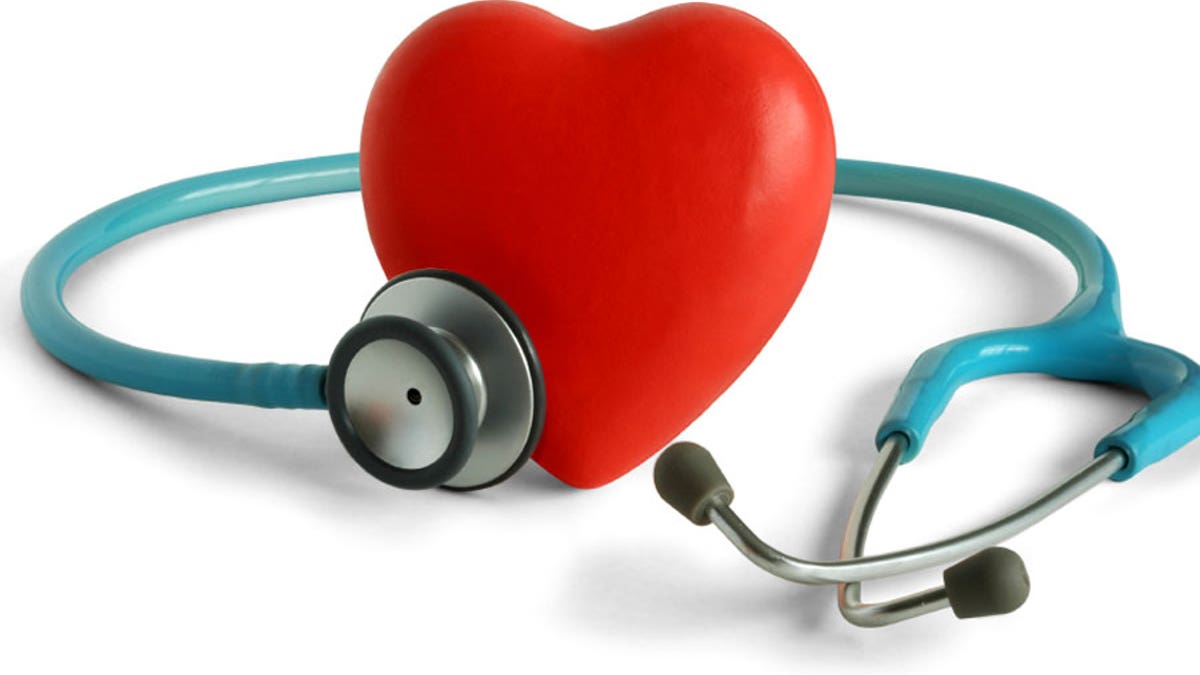
(iStock)
Here's the good news: Heart disease and its consequences are largely preventable. The bad news is that nearly one million Americans will suffer a heart attack this year.
Deaths from coronary heart disease in the US have been cut by 75 percent during the past 40 years. Hospital admissions for heart attack among the elderly fell by nearly 25 percent in a five-year period during the last decade, a remarkable feat when many experts had expected the aging population to cause an increase in the problem.
There is a lot a person can do to help prevent a heart attack. One international study found that about 90 percent of the risk associated with such factors as high cholesterol and blood pressure, physical activity, smoking and diet, are within a person's ability to control. The study, called Interheart, compared 15,000 people from every continent who suffered a heart attack with a similar number of relatives or close associates who didn't.
While genetics plays a role in up to one-half of heart attacks, "You can trump an awful lot of your genetics with choices you make and with medicines if you need them," said Donald M. Lloyd-Jones, a cardiologist and chief of preventive medicine at Northwestern University's Feinberg School of Medicine in Chicago.
Knowing your cholesterol and blood pressure numbers is as fundamental to heart health as knowing the alphabet is to reading. Yet surveys show about one third of people with problem levels don't know it. For most people, optimal LDL, or bad cholesterol, is under 100; HDL, or good cholesterol, is over 60; and blood pressure is less than 120/80.
Quitting smoking also yields big benefits. Within a year, a former smoker's heart-attack risk is reduced by 50 percent.
Guidelines urge three hours a week of brisk exercise to maintain heart health, but many people who can't find the time to work up a sweat for 30 minutes most days don't bother. "It's the all or nothing phenomenon," said Martha Grogan, a cardiologist at Mayo Clinic.
While the 30-minute target is associated with a 70 percent reduction in heart-attack risk over a year, Mayo researchers analyzed the data and noticed that a brisk 10-minute walk a day results in a nearly 50 percent reduction compared with people who get hardly any exercise.
Complying with nutritional guidelines is the toughest challenge for most Americans, data from the American Heart Association indicate. Shopping the perimeter aisles of the grocery store is one possible remedy. It's where fresh produce and other unprocessed foods are typically found -- generally considered more heart-healthy than the calorie-dense, salt-heavy foods found principally in the interior sections of the store, said Amparo Villablanca, a cardiologist at University of California, Davis.
Sleep's role in protecting the heart is underestimated, said Grogan, warning that chronic sleep deprivation can lead to high blood pressure, weight gain and increase the risk of diabetes.




















